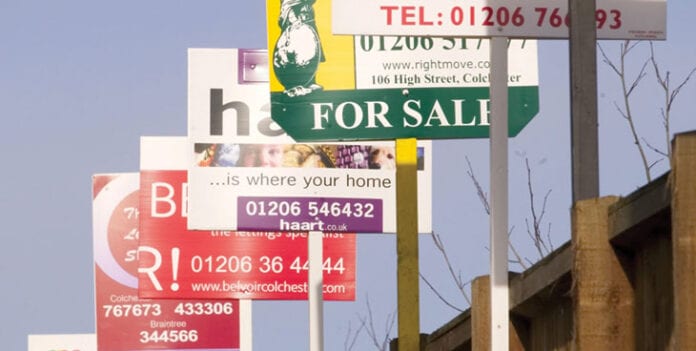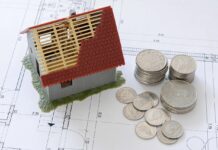NEGATIVE EQUITY WARNING TO FIRST-TIME BUYERS
MORTGAGE experts are warning buyers to beware of negative equity as property prices soar in the scramble to catch the stamp duty holiday.
They fear the value of homes could drop later in the year leaving new homeowners owing more than their house is worth, at least in the short term, especially if they have taken out a 95 per cent mortgage.
It comes as research from First Mortgage shows that almost 2 in 3 first time buyers (61%) are worried that their house would be worth less when they look to sell or move than the price they originally paid for it.
Expert David McGrail of First Mortgage warned: “Whilst the stamp duty holiday offers potential for a great saving, the current high demand for purchase means that prices are rising above the savings which can be made. It is important for buyers to be patient and wait for the right opportunity to purchase rather than trying to beat the deadline.”
A further 42% of those surveyed, said that negative equity was something they thought would cause them issues in the future. David McGrail, Director at First Mortgage says that negative equity can be a challenge for new home buyers especially in a highly priced market.
“Many First Time Buyers would have been relying on high LTV mortgages to secure their first property and just a small drop in house prices could leave them at risk of negative equity. Negative equity occurs when the outstanding balance on the mortgage exceeds what the property is valued at. Whilst being in negative equity does not cause immediate issues, it does mean that homeowners will have difficulty remortgaging in the future, meaning they may lose access to the very best rates on the market.”
If their house was to fall into negative equity, almost a third of people said that they would look to rent out their home in order to gain more money. Alternatively, 42% of people said that they would aim to find a higher paid job if their house went into negative equity.
David McGrail continues:
*Negative equity is often looked at as this scary thing, but there are various things you can do to help the situation, both if you find yourself in negative equity and before you buy your property. When purchasing a property, you need to do your utmost to establish whether or not the property represents value for money. Paying over the odds is the most likely cause of finding yourself in a negative equity situation. If you find yourself in negative equity, it is important to speak to a broker to understand your best way out of the situation, which ordinarily would be a plan to overpay your mortgage on a monthly basis to bring the outstanding mortgage balance beneath the value *
It also seems that Brits are not entirely clued up on negative equity in general, with 41% not knowing the meaning of the term, and 21% of first-time buyers thinking it defines when their property begins to decay or wear. Negative equity actually means when a property is worth less than the mortgage secured to it. For example, if you purchased your property in the current uplifted market, you may find that the value of the property depreciates if government schemes such as the stamp duty holiday slow the market and house prices drop as a result.
However, some nervous homeowners have already caught on to the danger of negative equity, with 62% saying that they are either already doing things to prevent negative equity, or have started to look at options.
Help keep news FREE for our readers
Supporting your local community newspaper/online news outlet is crucial now more than ever. If you believe in independent journalism, then consider making a valuable contribution by making a one-time or monthly donation. We operate in rural areas where providing unbiased news can be challenging. Read More About Supporting The West Wales Chronicle

























